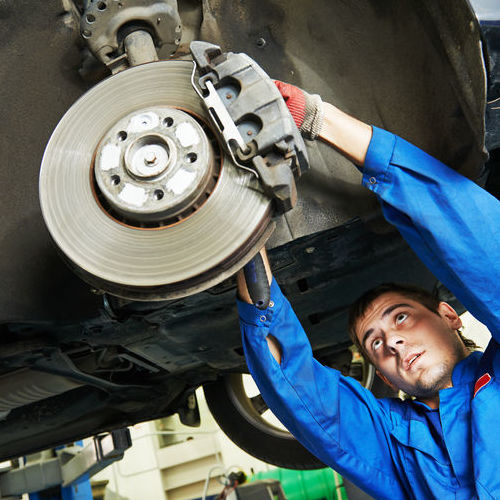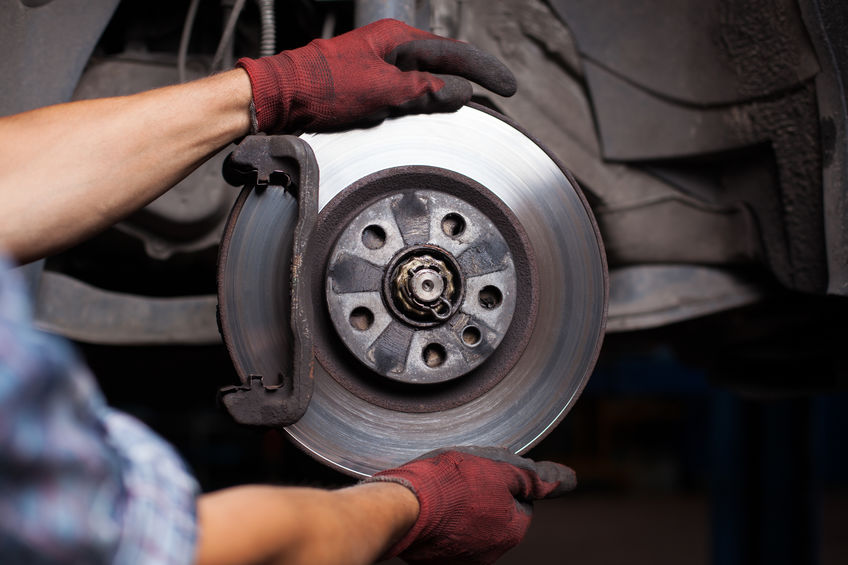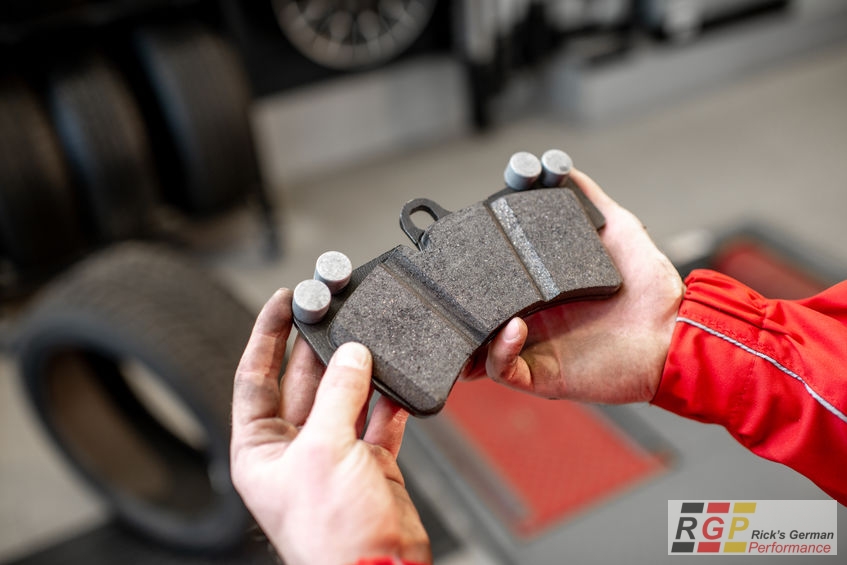
Reliable Services for All Your Needs
Remember the Flintstone’s cartoon? Fred, Barney, Wilma, and Betty all had to use their bare feet to stop their cars? That was cartoon life, and maybe if real cavemen had vehicles, that’s how they would have stopped, who knows? In real life today, cars come with anti-lock brakes. Seems like an oxymoron doesn’t it?
Remember the Flintstone’s cartoon? Fred, Barney, Wilma, and Betty all had to use their bare feet to stop their cars? That was cartoon life, and maybe if real cavemen had vehicles, that’s how they would have stopped, who knows? In real life today, cars come with anti-lock brakes. Seems like an oxymoron doesn’t it?
You want brakes to stop, but what’s with the anti-lock factor? Why get anti lock brakes? Well, there are a lot of questions about anti-lock brakes, and we’re going to start by answering what is anti lock brake system? An anti-lock braking system is a safety anti-skid braking system that inhibits the wheels on a vehicle from locking up as brakes are applied. This allows the vehicle to have traction on the road, giving the driver more control of the vehicle.
Does my car have anti lock brakes?
If you have your owner’s manual, that would be the easy and fast way to find out if your car has anti-lock brakes. There are two other ways to tell if your car is equipped with anti-lock brakes:
1). With your key in the ignition, turn it to the “Off” position and to “On” position. Do not start the car! All the warning lights should light up on the dashboard for several seconds. If your car has anti-lock brakes, an “ABS” light will be on the dash.
2). Drive down a dirt or gravel road at 20mph to 40mph, and slam on the brakes hard. If your car has anti-lock brakes, you should hear a groaning noise and feel a vibration in your foot.
If you don’t have the owner’s manual and these two tests did not confirm you have anti-lock brakes on your car, you can take to any local mechanic shop and have them check. You could also ask the oil and lube place where you get the oil changed, since they will have it up a lift, it will be easy to see.
Where is the anti lock brake?
Reliant on the kind of brakes used, there five different scheme for anti-lock braking systems, distinguished by the amount of channels or valves that are controlled individually, and how many speed sensors. : that is, the number of valves that are individually controlled—and the number of speed sensors. For purpose of this article, we are going to review the two most popular ones on the road today:
- Two-channel, four sensor anti-brake system:
- This anti lock brakes installation is commonly found on passenger cars manufactured sometime in the late 1980s up through the middle of the 1990s. Each wheel as a speed sensor installed pm the front and rear each one control valve. When the speed sensor detects any of the four wheels lock up, the control module pulses the valve for both wheels.
- One-channel, one-sensor anti-brake system
- This anti-brake system is commonly found on rear-wheel vehicles like pickup trucks, SUVs, and vans. There is one valve controlling both rear wheels, and one speed sensor in the rear axle. The rear wheels are monitored simultaneously, and both must lock up before the anti-brake system kicks in. One rear wheel can lock up in this system which reduces the effectiveness of the brakes.

How does anti lock brakes work?
Anti-brake system works by releasing and then pumping the brakes in heavy braking situations. The sensors on each wheel detect a ‘locking up” and the wheel stops going forward or backward and goes into a skid.
Anti-brake system systems are different, as we mentioned above, some prevent the rear wheels from locking up and will pump the brakes multiple times in a second. That reaction stops the wheels and keeps them from going into a skid, allowing the driver to have control.
How do I know if my abs sensor is bad?
When an anti-brake system fails, there are a few warnings advising you there is a braking problem:
1. The Anti-brake System Light comes on
Like the oil light, the Anti-brake system light is an obvious signal your vehicle has a problem, and you should never ignore that light.
2. Brakes aren’t stopping as fast
During heavy braking conditions the Anti-brake System should activate automatically so you can slow your vehicle down without losing traction and go into a skid. If you notice that your car isn’t coming to a stop under heavy braking situation, you need to take your car to a repair center.
3. Icy and wet driving conditions aren’t as stable
The more we drive, thee more se accustom to how our cars react on the roadways under certain conditions. Like ice slippery conditions or driving in the rain. A properly functioning anti-brake system will minimize any traction loss under those conditions. If you’re noticing that it isn’t, you need to have your Anti-brake System checked out by your mechanic, because your car many need an Anti lock brakes repair job.
Can ABS lock up your brakes?
It is rare, but yet, if the anti-brake system on your car isn’t working correctly, perhaps a module is faulty, then yes, it could behave erratically, and your brakes would lock up even though you aren’t any heavy braking situation.

Closing Words and Advise
Even with anti-brake system on your car, practicing safe distance driving and stopping is always recommended. Never take something like an anti-brake system for granted that it will work.
